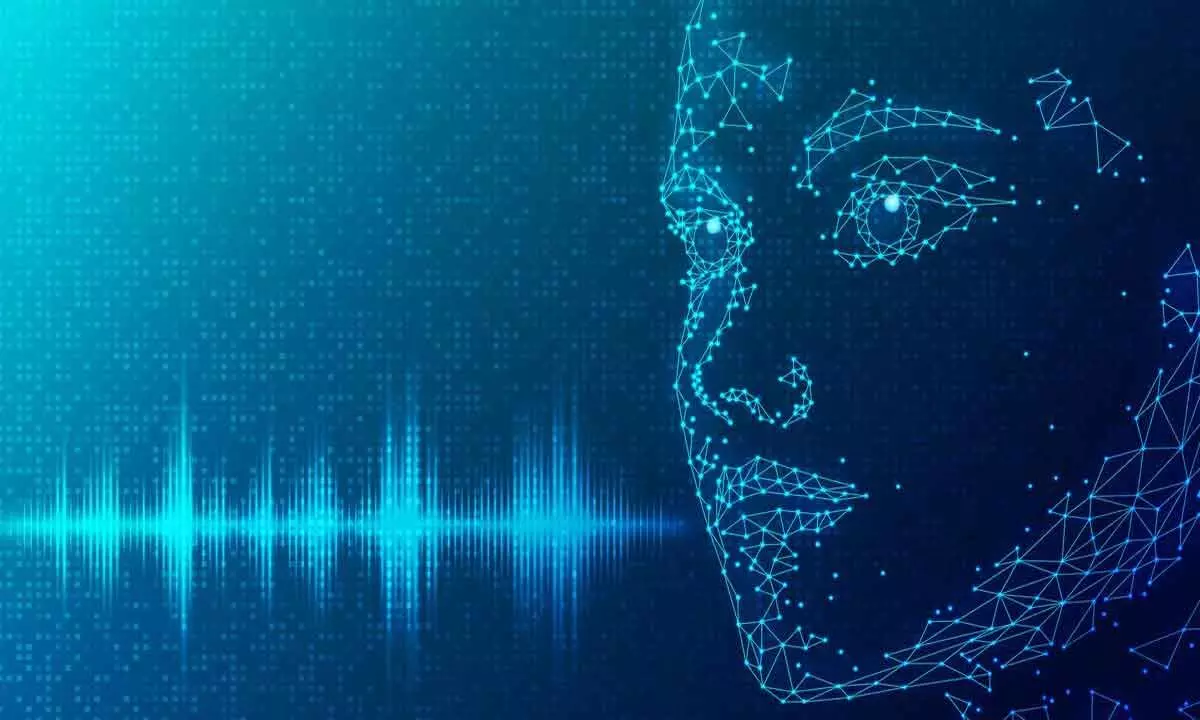India should take lead in combating deepfake menace
image for illustrative purpose

A recent deepfake video of actress Rashmika Mandana has taken the internet by storm and for all the wrong reasons. The viral video shows her entering an elevator, which turned out to be a fake one. This digitally manipulated video was so convincing that it garnered over 2.4 million views on the social media platform ‘X’. The initial video was originally shared on Instagram on October 8, featuring a woman named Zara Patel. It was digitally morphed with the help of technology like artificial intelligence, which has now raised alarm bells across sectors. Given its serious nature, and possible far-reaching repercussions, even the Centre has reacted. Union Minister of State for IT & Electronics, Rajeev Chandrasekhar said that such damaging forms of misinformation need to be dealt with by platforms. Stating the IT rules notified in April 2023, the Minister wrote in social media, "It is a legal obligation for platforms to: ensure no misinformation is posted by any user AND, ensure that when reported by any user or govt, misinformation is removed in 36 hrs. If platforms do not comply with this, rule 7 will apply and platforms can be taken to court by aggrieved person under provisions of IPC."
In this context, it should be noted that deepfake technology is one of the downsides of the constantly evolving field of AI. It enables cybercriminals to not only alter their voices to mimic that of someone else but also manipulate videos and make them appear genuine. Cybercriminals can manipulate any video or mimic anyone’s voice to create legal liability for an individual or for a corporate entity. Similarly, emotions can be steered to create religious animosity or reputational risks for a celebrity or a person sitting on the high table. Hence, it is essential to understand the negative side of AI technology. An urgent need to debate and discuss such dark sides is essential and the regulatory environment should be geared up to tackle such risks. Against this backdrop, the recent AI summit in London is a welcome move. The meeting, which saw the likes of Elon Musk in attendance, resulted in a consensus among countries on the need for regulations to control the ill-effects of AI.
India should step in and take the lead. It is a known fact that many global companies, where research and development work on AI are underway, are being led by Indian engineers. Similarly, Indian technology firms and startups are also making significant moves in AI and generative AI spaces. Therefore, India should emerge as the pioneering global voice on AI technology rather than following other nations. Similar to the manner it has developed its domestic digital stack, which has many global takers, India should set regulation ball rolling. The government should consult all stakeholders, including industry leaders, startups, public agencies, cyber experts, social media firms, academia and social activists before coming up with the dos and don’ts to put an stop to the ill-effects of this emerging technology. No doubt, AI can be a game-changer for many sectors but its unbridled growth is also undesirable.

